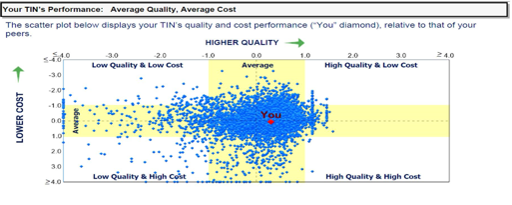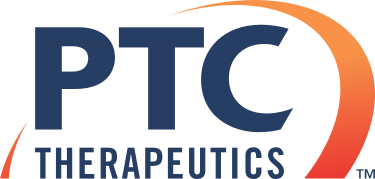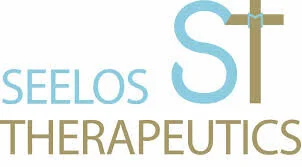There are many different areas of focus for rehabilitative care: Neurologic, Pediatric, Orthopedic, Bariatric, etc. Each of these specialties demands unique treatment regimes and clinical outcome measures. We have plans to develop disease-specific support to each area of focus. We are leading first with oncology because one of the largest unmet needs in healthcare is in oncology rehabilitation...
On average, 15 out of 20 patients diagnosed with cancer experience at least one physical impairment typically treated by a rehabilitation professional. Only 1 of those 15 receive rehabilitative therapy.
Patients can experience physical impairments as a result of a cancer diagnosis or it's treatments. Common impairments found in most cancer types are pain, fatigue, poor mobility and balance, difficulty with activities of daily living. Other, diagnosis-specific impairments, such as difficulty swallowing and/or speaking, bowel and bladder incontinence, edema, sexual health issues, effected cognition/memory can be positively influenced when treated by rehabilitation therapists.
Since the 2005 Institute of Medicine report called attention to caring for the patient across the entire care continuum, naming and spotlighting the survivorship phase of cancer care, rehabilitation services have been identified as appropriate intervention for the impairments that arise during cancer and it's treatments. Accrediting bodies such as the American College of Surgeon's Commission on Cancer (CoC) and the National Accreditation Program for Breast Centers (NAPBC) have recently added requirements that ensure this access to rehabilitation.
The 2016 ACS CoC Standards require policies and procedures be in place to ensure patient access to rehab and includes annual monitoring to ensure success of the referral process. www.facs.org
The patient benefits from rehabilitation by increasing their health, independence, and quality of life. Increasing access to this care is also a benefit to the hospitals and clinics where they receive rehab. Beyond the added revenue streams for these services, hospitals are seeing shorter lengths of stays, less re-admissions and ER visits...all cost-reducing measures. Treating the rehabilitative needs of patients is a satisfier, too. Higher patient satisfaction scores, cost-effectiveness, and quality rehabilitative care are all critical in today's high value, merit-based, quality payment programs.
Payment models such as MACRA's Merit-based Incentive Payment System (MIPS) and Advanced Alternative Payment Models (APMs), and the Oncology Care Model (OCM, shown) all reward high quality, low cost care. www.cms.gov
At RehabMetrics, we have unique, particular expertise and experience in developing cancer rehabilitation service lines. From screening patients with cancer to identify appropriate rehab candidates, through assessing the objective improvements those patients make in rehab, we can help you develop this needed, valuable service.





















